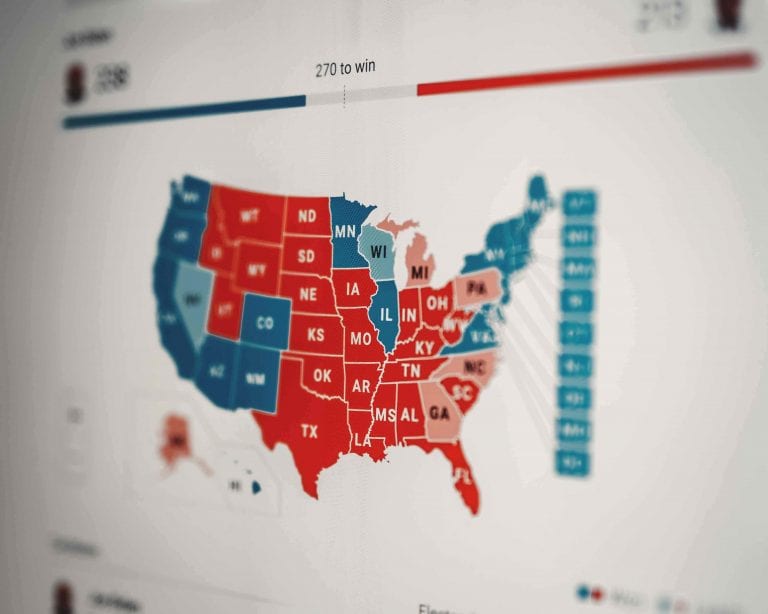
Could you be a private investigator?
There is a growing demand for private investigators, due to an increase in the number of crimes and the resulting fear and tension, an increase in litigation, and the need for special investigative techniques. The Internet has opened up a whole new world for the private investigation business and has made monitoring the operations much easier.
Nature of work
Private investigators use different types of surveillance to determine facts and gather information. They offer assistance in legal, financial and personal cases to attorneys, businesses and individuals. They are trained to perform physical surveillance and computer database searches that enable them to obtain the required information on any subject. The career demands that you work very closely with the police and the law. The job of a private investigator involves questioning suspects and criminals and filing complaints against them and testifying in the court of law.
Work conditions
A career in private investigation involves irregular working hours. Private investigators travel extensively to keep an eye on teh subject or to gather more information on a particular case. This work environment could be a plus boardroom or a bar. Generally they work alone, except during interrogations. Sometimes their work involves confronttation, which can be stressful and dangerous.
Education and training
Employers prefer high school or college graduates, along with some training in criminal justice, forensic sciences, law enforcement and security administration. Those who are self-employed are generally from a background where they have worked in the related field for a while. In the U.S., most state prefer license private investigators, though the requirements for various licensing authorities do differ.
Find all the job search tools you need in our Career section!















